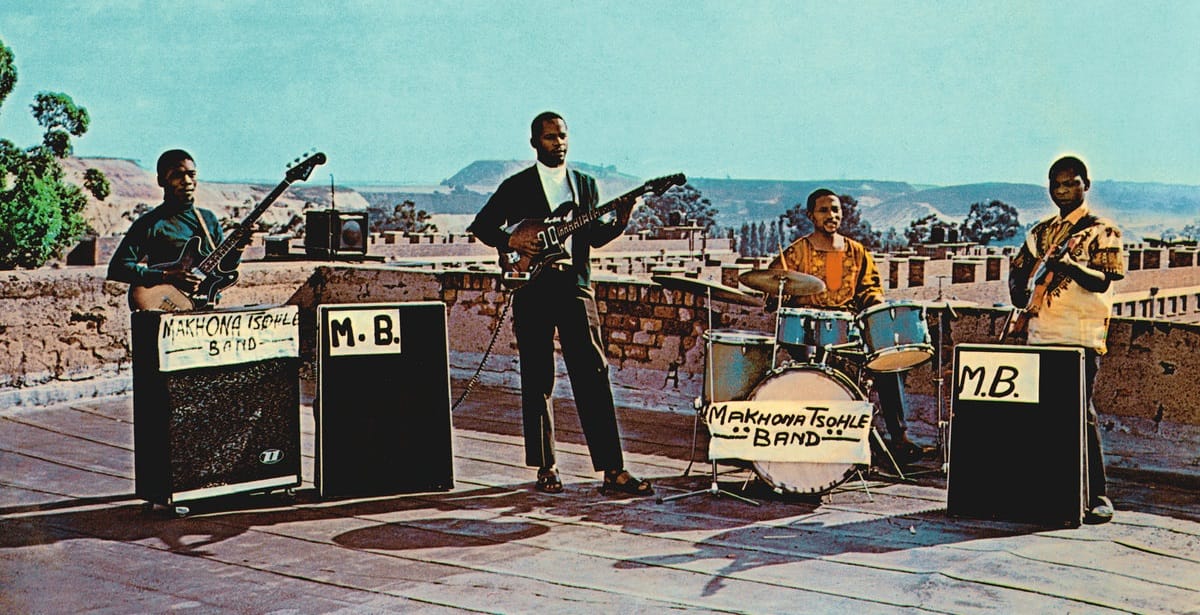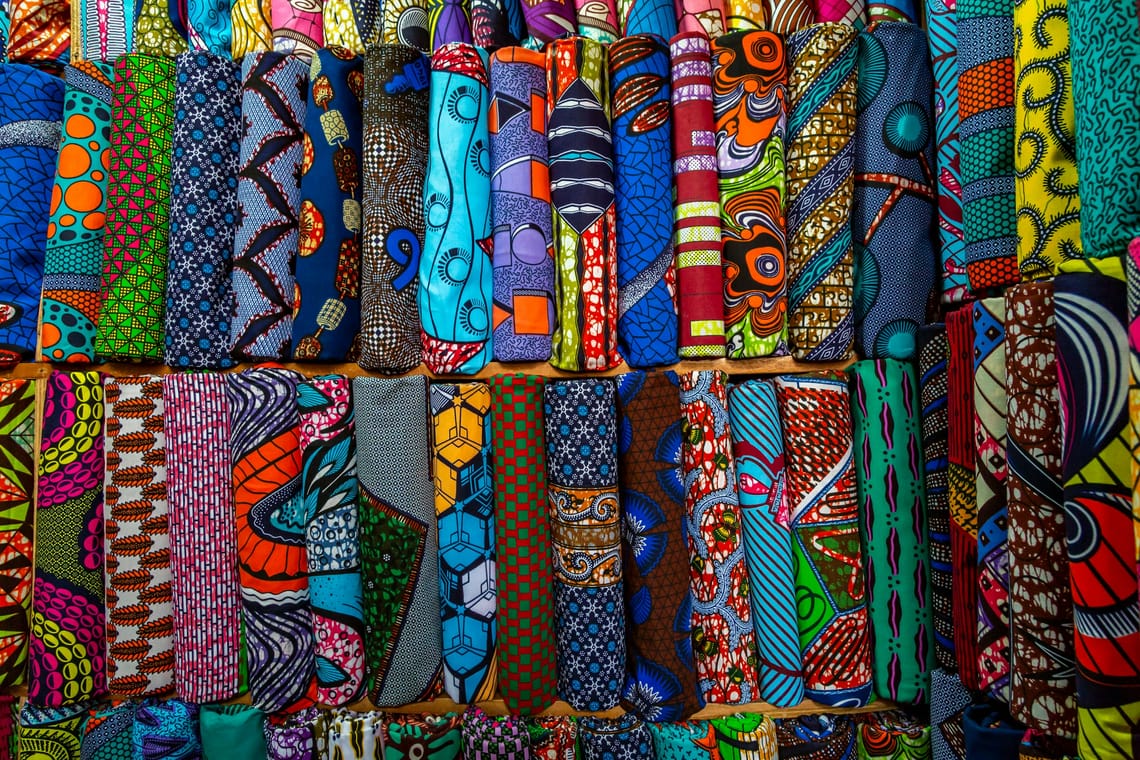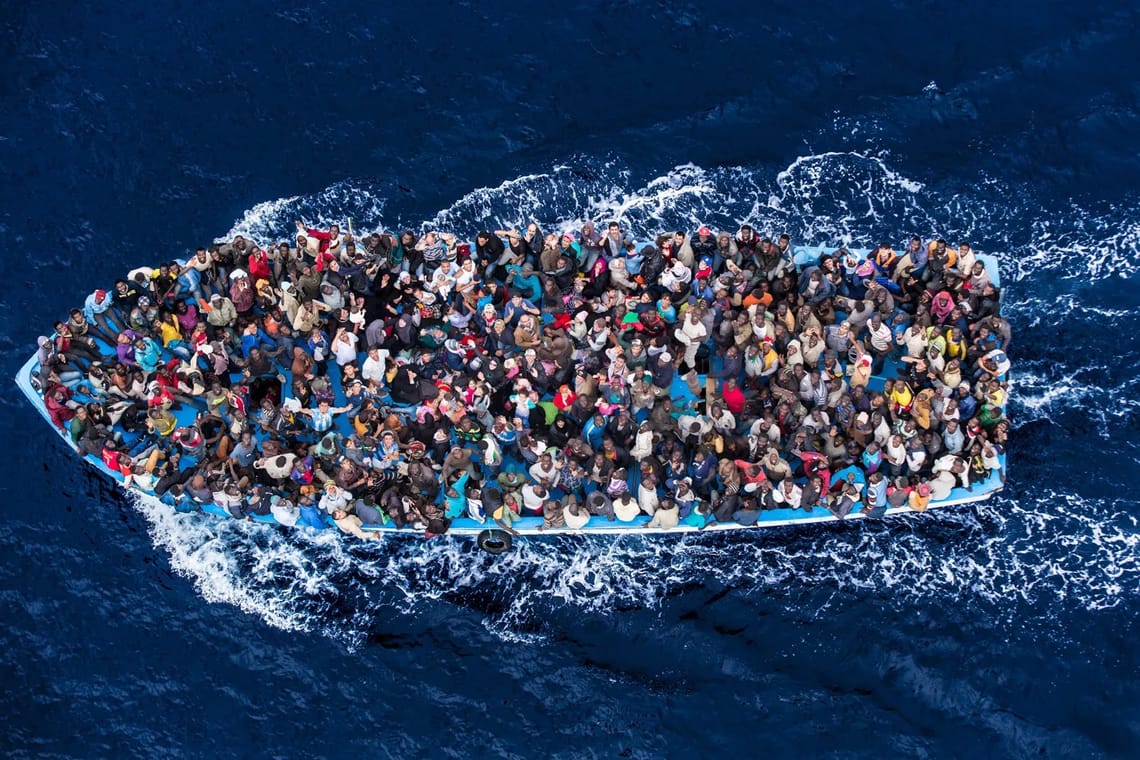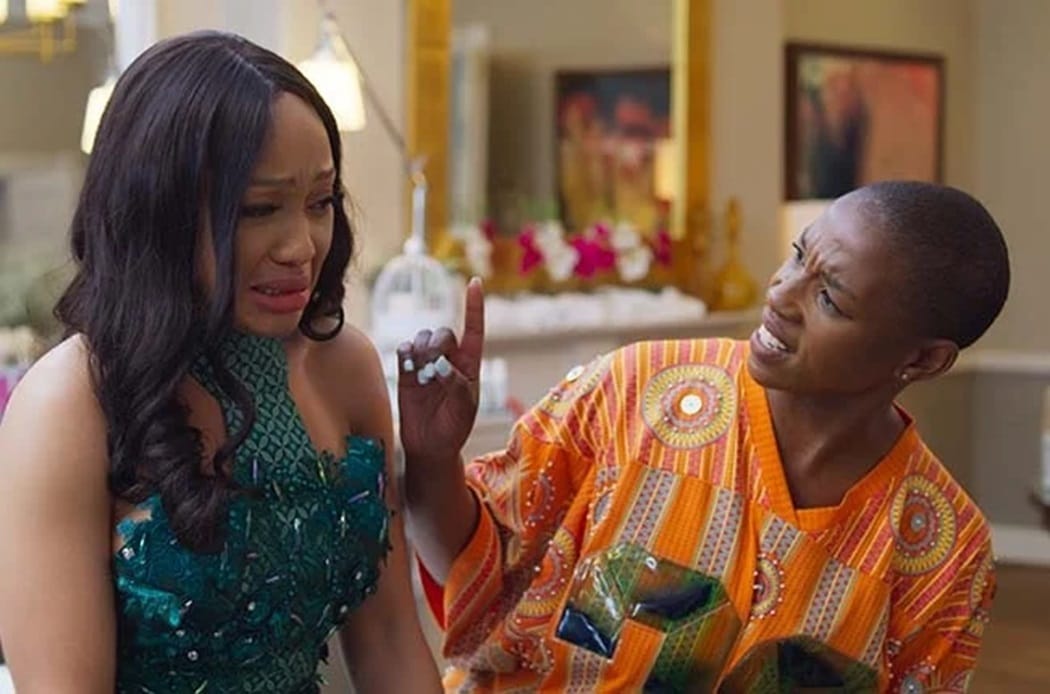We have created this music called Mbaqanga in our country, South Africa. The reason for us to make that music was because of the political situation in our country. When I remember very well, in 1955 when the white people divided the blacks to put them in varies places. Zulus should live with Zulus; Sotho’s must live with Sotho’s; Xhosa must live with Xhosas and Tsonga’s etc. And yet, before that these people lived together, mixed. I remember in Sophiatown we used to have also Chinese people living with us and some of white people lived with us, mixed in that one township. When that happened, it was a blow to our hearts. We were very young at that time, and we could see our political leaders and the way they struggled with the government and that the was no way we could assist.
One day we came up with a solution that how about we create a sort of music that people can all share in it. And share their problems and enjoy the music because of the problems that they have with that government. That’s when we created this music, from that time a lot of people started to buy our music, and everybody enjoyed this music. We had big sales of this music and that proved to us that it means our people can come together and be back to normal, though they no longer live together like before. But now somewhere they meet because of our music. The music was catering for all black ethnic groups that live in South Africa.
The Makgona Tsohle Band featuring West Nkosi - Stokfel Jive
Our music, basically when we started it, we took from Marabi, which is township jazz music, and we took little bit from Pata-Pata (Wich means "touch touch") in the Xhosa language, a style of dance that was popular in the shebeens of Johannesburg's Townships in the mid-1950s. And we took a little bit from rock n’ roll and twist just for a rhythm. We then used electronic instruments to play this music. After we have mixed it, when we use this electronic instrument, it eventually sounded completely different from all this music. So, it was now having its own structure which became very popular to all South Africans.
Mbaqanga is a special meal that we eat which is mixed from varies things that you can cook, you mix a lot of vegetables then once it is mixed, it is called Mbaqanga. Then we eat that, that’s why this music is called Mbaqanga because it has little bit of flavour from another type of music, and other types of music put together. Mbaqanga is food for our people, because you don’t have to spend lot of money to prepare that food. You grow all these vegetables from your gardens, and you just make food, and you eat.
Our music is happy music, we want to make people feel happy. When you’re a politician person or an ordinary person, when you come back from working hard day and you listen to our music it must refresh your brain so that you can feel relieved from the hard working for the day. It is happy songs, we sing about simple things in life like … people can live together, how to make love, how to propose a girl, but some were little bit heavy.
Like for instance when I played on Paris – Soweto "Kazet" (also known as "Gazette"), that song, the lyrics are based on a village that has been neglected for many years. There was nothing happening in that village, no taxis, no buses, no shops ...nothing. People used to walk a long way to get food. Now Kazet, we sing about that village because after so many years they started to upgrade the village for people to have transport, some taxis, shopping complexes , trains everything. We are singing about that to thank the City Council who thought of upgrading that village.
Mahlathini and the Mahotella Queens - Gazette (Kazet) [Official Music Video]
Kazet
Hayi ku hluvukile ka hina n'wino (Its civilised at ours)
Ayi ku hluvukile ka gaza n'wino (Its civilised at gaza you guys)
Aha-ha-ha, ha-ha-ha he weno ku hluvukile ka zet (You guys its civilised at Kazet)
Ayi nga langutani sweswi kuna ti (We will not look at each other now bazi)
Aha-ha-ha, ha-ha-ha he weno ku hluvukile ka zet (You its civilised at Kazet)
A hi tsakeni ku na switimela (let us be happy We have trains)
Some songs were about our creativity, because lot of people just read about us they have not seen us live. Some song we talk about ourselves, how strong an impactful our misuic in the our society
Mkhubatseli West Nkosi was a South African music producer, saxophonist and songwriter.
This article was developed from Koichi Hanafusa’s interview with West Nkosi, one of the greatest producers of South African Music.




